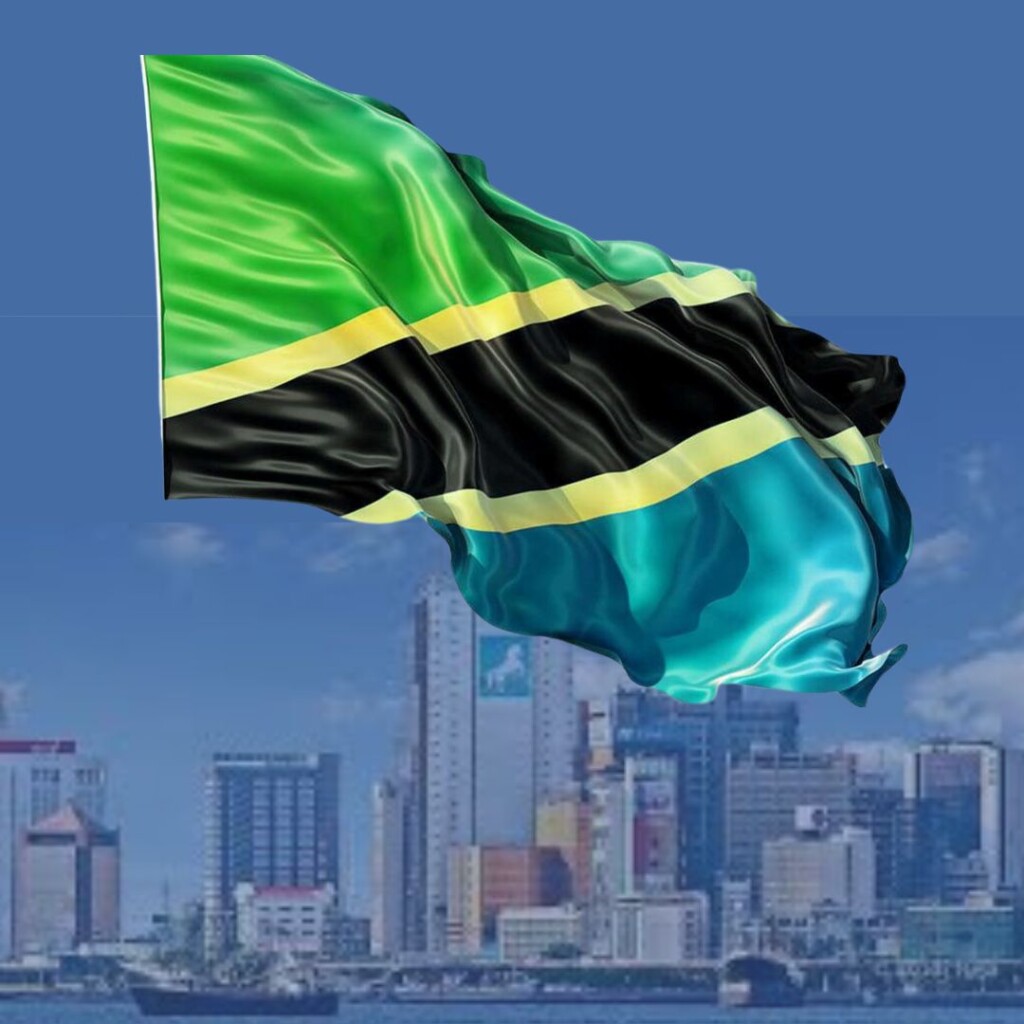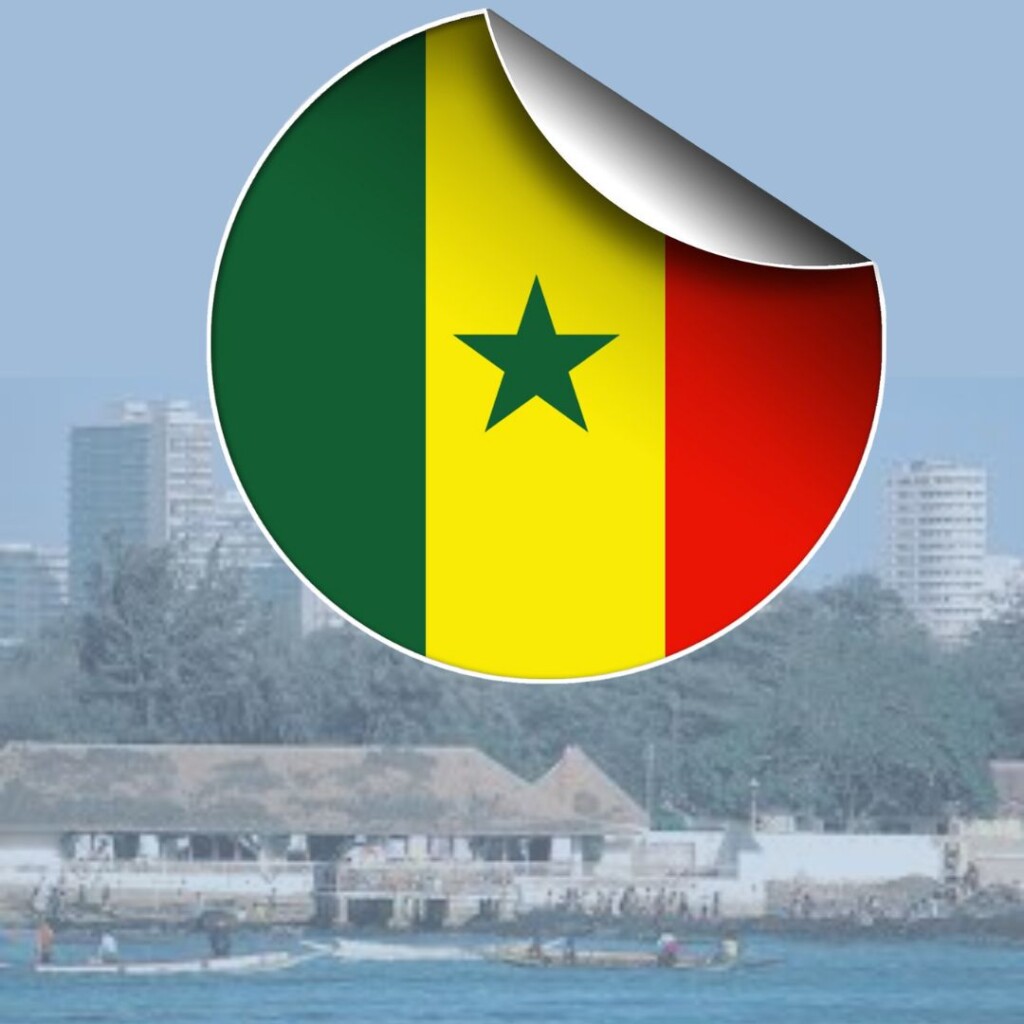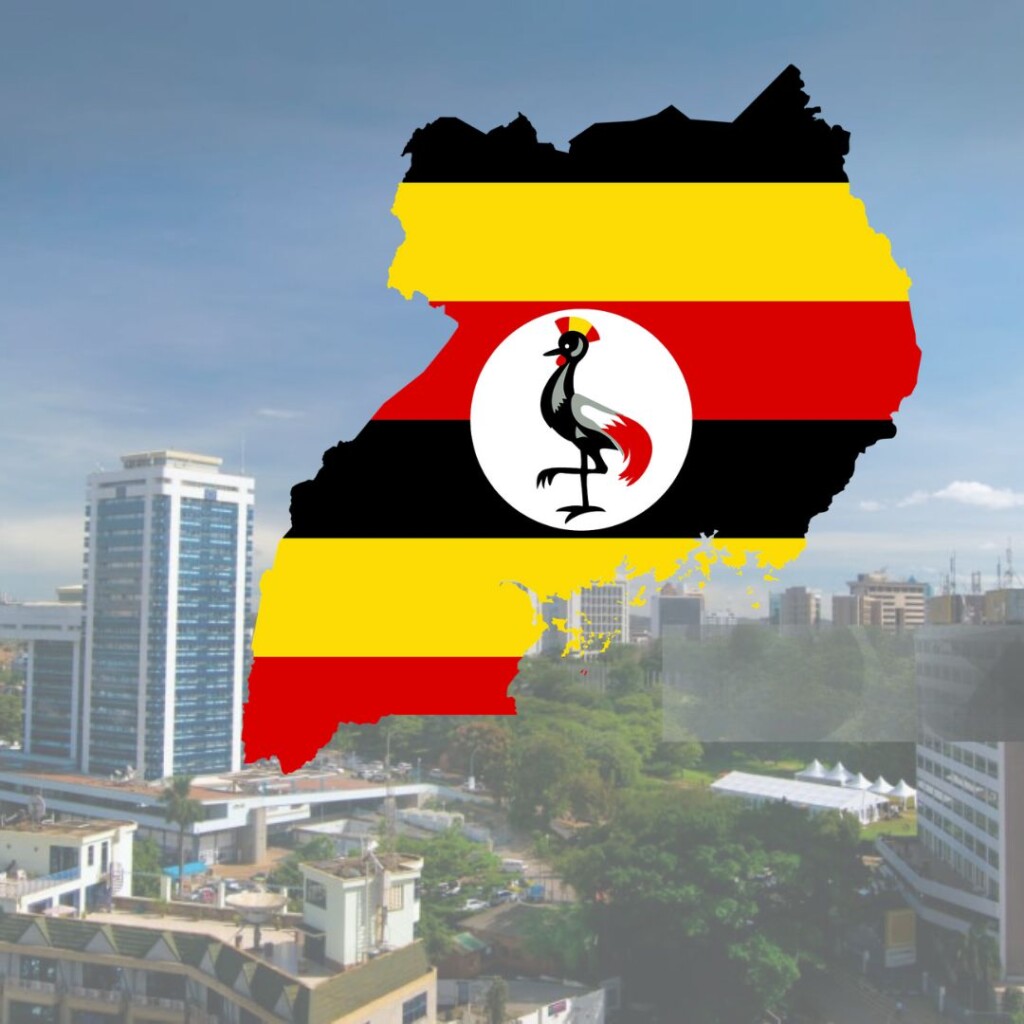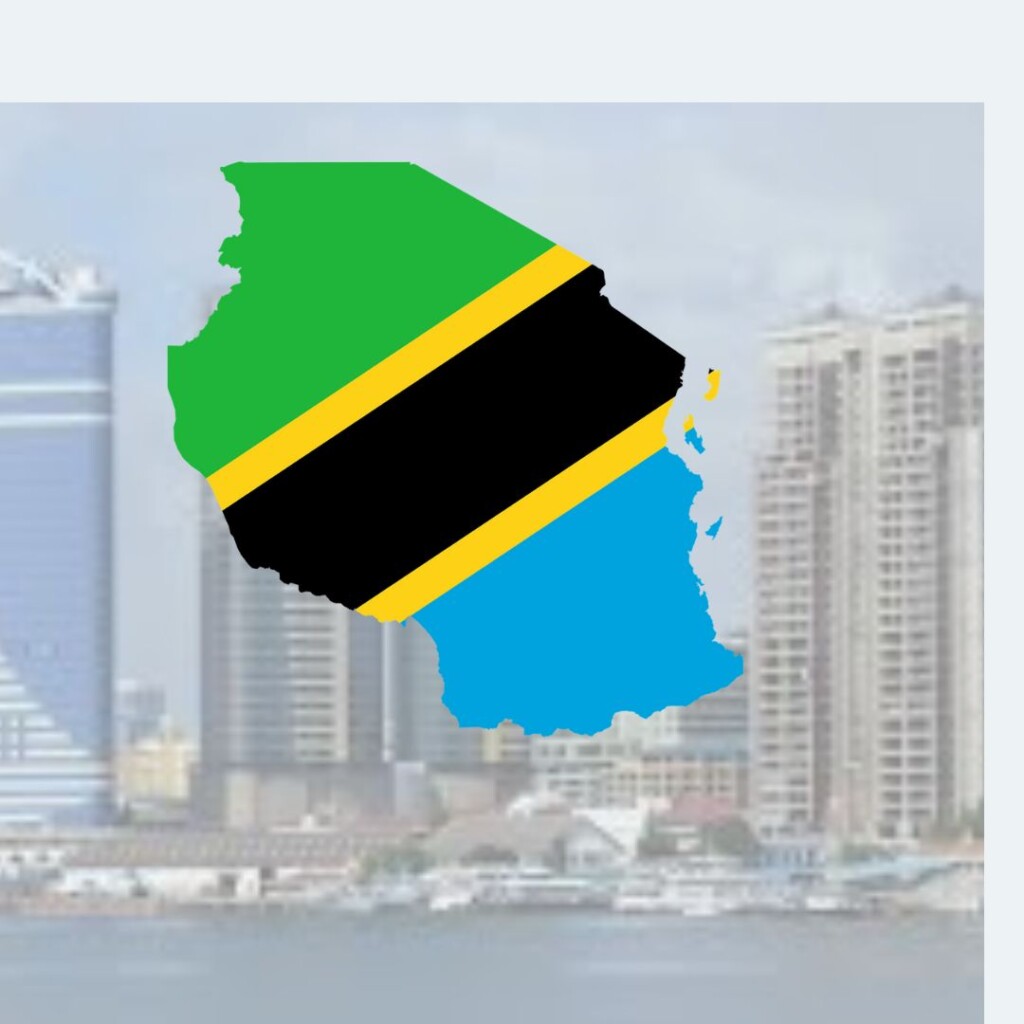As technology advances rapidly, Africa is not merely observing from the sidelines; it is actively participating and, in some instances, leading the charge. The continent’s tech landscape is growing, driven by vibrant startups, significant investments, and a young, tech-savvy population. In 2024, several African countries are distinguishing themselves as leaders in tech innovation, creating ecosystems that foster technological advancements and attract global attention. Here’s a look at the top 10 African countries making significant strides in the tech industry.
1. Nigeria

Nigeria’s reputation as the “Giant of Africa” extends into its tech innovation, with Lagos often dubbed the Silicon Valley of Africa. The country’s thriving ecosystem is supported by numerous tech hubs, accelerators, and a substantial venture capital presence, fueling growth in fintech, agritech, and health tech sectors. In 2023 alone, Nigerian startups attracted over $1.5 billion in investments, underscoring the nation’s prominence in the tech world. Lagos, with its Yaba district, is home to tech giants like Flutterwave and Paystack, further cementing Nigeria’s position as a tech leader.
2. South Africa

South Africa remains a powerhouse in the continent’s tech scene, particularly in Cape Town and Johannesburg. The country excels in software development and boasts a robust infrastructure that supports significant tech conferences and multinational companies investing in local talent. In 2024, South Africa will continue to be a hub for innovation, with companies like Naspers and Dimension Data leading the charge. The government’s support for digital transformation and skills development has also played a crucial role in fostering a thriving tech ecosystem.
3. Kenya

Kenya is pivotal in mobile technology, being the birthplace of mobile money with M-Pesa. Nairobi, its capital, is a tech hub with numerous startups focusing on innovative solutions to everyday problems, supported by active incubators and government backing. Kenya’s tech sector attracted $574 million in 2023, showcasing its growing influence. The iHub in Nairobi continues to be a catalyst for innovation, providing a collaborative space for tech entrepreneurs and developers.
4. Rwanda

Rwanda’s rapid transformation into a tech-friendly nation is underpinned by government initiatives aimed at creating a digital economy. Kigali is becoming a magnet for tech entrepreneurs, thanks to its business-friendly environment and commitment to becoming a tech hub. Rwanda’s Vision 2020 initiative has been instrumental in this transformation, with the country investing heavily in ICT infrastructure and education. The Kigali Innovation City is set to be a major centre for tech startups and research institutions, further driving Rwanda’s tech ambitions.
5. Egypt

Egypt’s tech industry is booming, driven by a significant youth population and governmental support in digital transformation. Cairo is home to a growing number of tech startups and has a strong focus on nurturing tech talent and innovation in connectivity technologies. The Information Technology Industry Development Agency (ITIDA) has been pivotal in promoting Egypt’s tech sector, attracting investments worth over $800 million in 2023. The rise of tech parks and incubators in Cairo is further propelling Egypt’s status as a tech hub.
6. Ghana

Ghana is making a name for itself with a focus on technology education and startup support. Accra hosts several tech hubs that are instrumental in the country’s burgeoning status as a leader in technology-driven solutions. The Ghanaian government’s commitment to ICT development, coupled with initiatives like the National Entrepreneurship and Innovation Plan (NEIP), has fostered a supportive environment for tech startups. In 2024, Ghana’s tech ecosystem continues to thrive, with Accra emerging as a key player in West Africa’s tech landscape.
7. Morocco

Morocco is leveraging its strategic location to serve as a bridge between Europe and Africa in tech advancements. The country is investing heavily in tech parks and education, with a significant focus on renewable energy technologies and smart city solutions. The Casablanca Finance City is a notable example of Morocco’s commitment to tech innovation, attracting global investors and tech companies. In 2023, Morocco’s tech sector saw investments surpassing $400 million, highlighting its growing influence.
8. Senegal

Senegal’s tech scene is anchored by Dakar, which hosts numerous tech events and startup incubators. The country is recognized for its innovations in digital finance and agricultural technologies, supported by a progressive regulatory framework. The Digital Senegal 2025 strategy has been crucial in promoting the tech ecosystem, with a focus on improving digital infrastructure and fostering innovation. Senegal’s vibrant startup culture continues to attract significant attention, with investments in the tech sector reaching $200 million in 2023.
9. Uganda

Uganda may be smaller than some of its neighbours, but it is mighty in its tech ambitions. The country has a vibrant community of young innovators and has made significant strides in mobile technologies and health innovations. The Innovation Village in Kampala is a hub for tech startups, providing resources and support to budding entrepreneurs. In 2023, Uganda’s tech sector attracted over $100 million in investments, demonstrating its potential as a tech hub in East Africa.
10. Tanzania

Tanzania is focusing on harnessing technology to boost its agricultural and manufacturing sectors. Its tech hubs in Dar es Salaam are becoming key players in the region, fostering innovations that aim to improve daily life and economic growth. The Tanzania Commission for Science and Technology (COSTECH) has been instrumental in supporting tech initiatives, leading to a surge in tech-driven solutions. In 2024, Tanzania continues to attract investments, with its tech sector poised for significant growth.
Why These Countries Stand Out
These nations are not just adopting technology but are adapting it to meet local needs, driving genuine innovation. Their governments are implementing policies that favour tech growth, such as improved broadband access, tech education in schools, and support for tech startups. These efforts are complemented by a dynamic young workforce eager to innovate and solve real-world problems. As these countries continue to lead in tech innovation, they are setting the stage for a technologically advanced and economically robust Africa.







